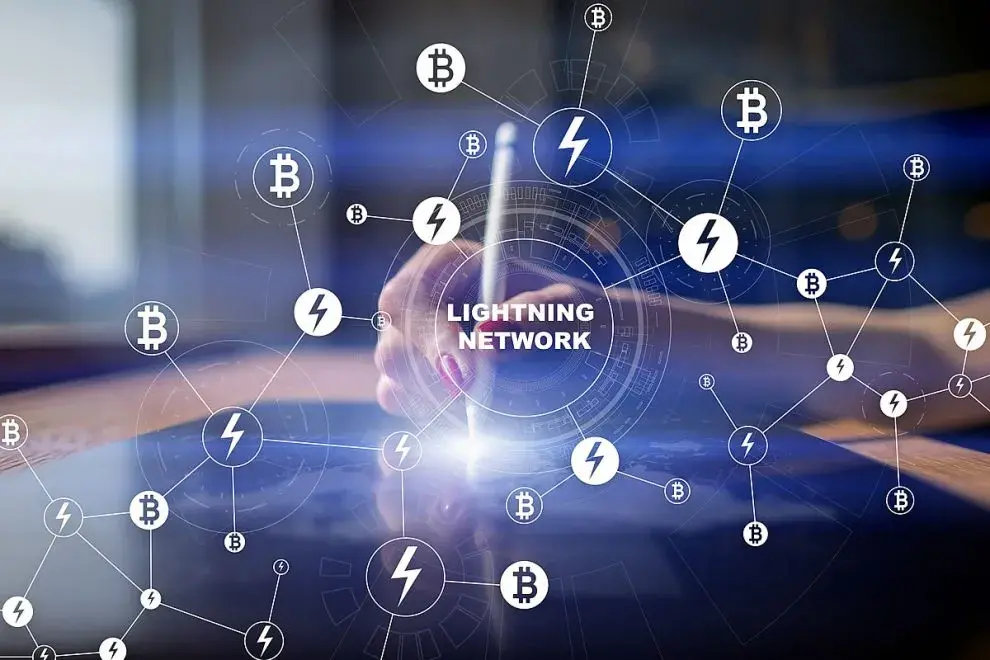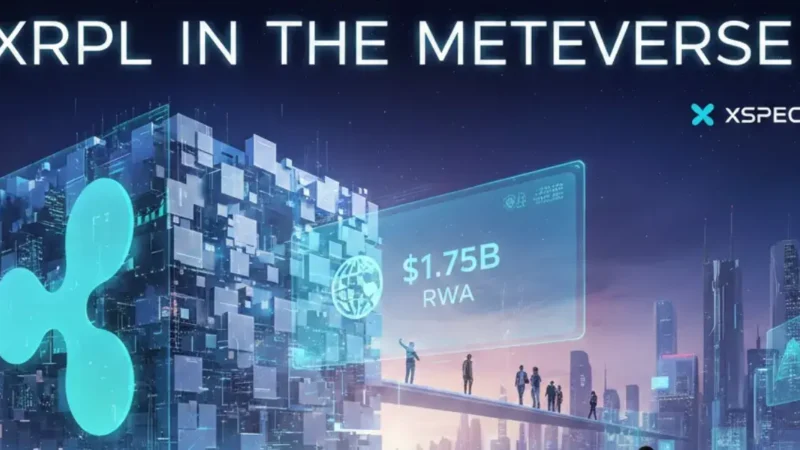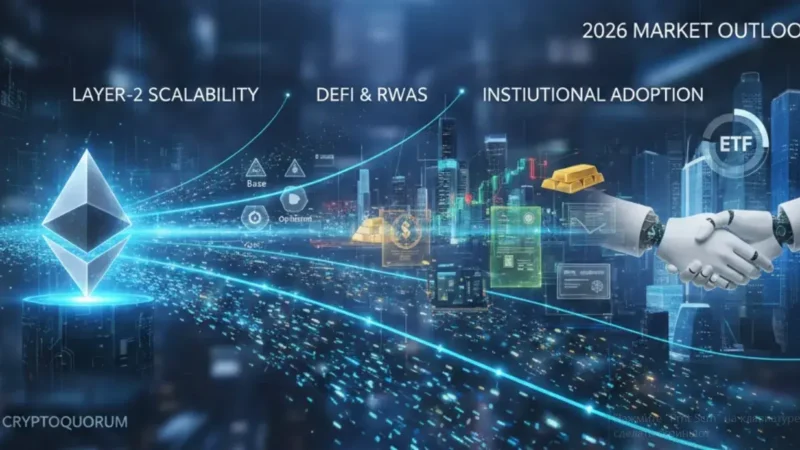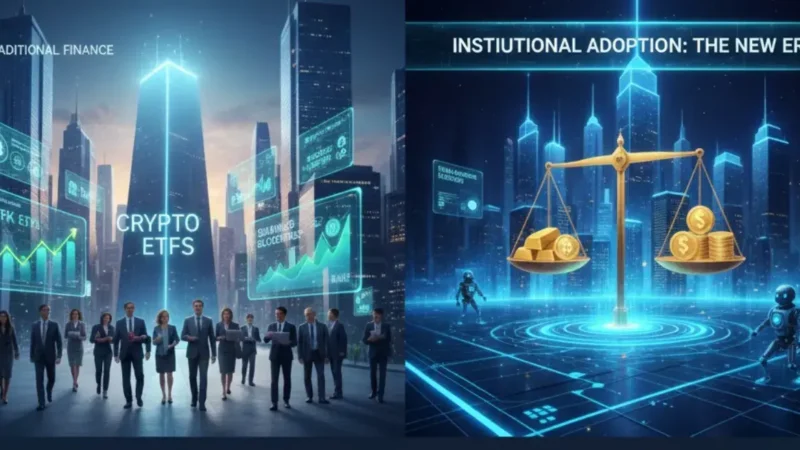BRC-20 tokens paralyzes the Lightning exchange Boltz

The Bitcoin blockchain has been experiencing a greatly increased number of transactions for days. Network fees are increasing massively. This already leads to a failure in the ecosystem. The drama surrounding BRC-20 tokens paralyzes the Lightning exchange Boltz.
Boltz goes offline
Boltz is a crypto exchange that can be used entirely without a user account. Services of this type are also called swappers . Boltz allows easy exchange of monetary values between Lightning Network and Bitcoin Mainnet.
In particular, they want to protect the privacy of their own users. Through an exchange on the platform, the aim is to provide customers with completely privatized Bitcoin . According to its own statements, the service does not store traceable data.
Since the end of April, the demand for Bitcoin transactions has increased massively. The main reason for this is the rise of the BRC-20 token standard on the Bitcoin blockchain .
This is how the BRC-20 drama paralyzes the Lightning exchange
As a backlog of hundreds of thousands of transactions built up, network fees skyrocketed. As a result, Boltz lost its functionality. The swapper’s funds accumulated in the mempool, which contains unconfirmed transactions.
Boltz has therefore been temporarily shut down by its operators. Users could no longer carry out the desired exchange processes. In order to avoid further problems, the operation was stopped without further ado.
“This hurts: sorry guys. We had to take Boltz offline first. ⚠️ All of our working capital on the blockchain is locked in the mempool and the swaps failed. A disabled swap service is better than a failing swap service.” Writes the service on Twitter.
Is Lightning vulnerable to outages through the mainnet?
A few hours after Boltz goes offline, the service is back online. Boltz reports that the way the platform works was to blame for the misery. Users can choose which network fees they want to pay.
Of course, most users choose the lowest possible amounts. However, if network fees increase over a period of time and then remain at high levels, low-fee shipments will no longer be processed.
That is exactly what happened at that moment. Boltz eventually decided to cancel many transactions. In this way, one avoided increasing the fees in order to still be able to carry out the transactions. Boltz would have had to pay the subsequently determined fees himself and thus suffered considerable financial damage.
“The problem is on our side. It has nothing to do with Lightning, which continues to do incredibly well, especially in times like these. We couldn’t be more optimistic!” Writes Boltz on Twitter .
However, some voices from the scene doubt this statement. Blockchair developer Nikita Zhavoronkov is one of the critics. He comments on Boltz’s problem:
“You won’t understand. Scaling Bitcoin with Lightning is a fundamentally broken approach. As we can see, there is no scaling at all: once the blocks on the mainnet are full, Lightning stops working too.”
Because it is not clear which fees are necessary to successfully close or open a Lightning channel, such problems will be encountered again and again, the programmer explains.




